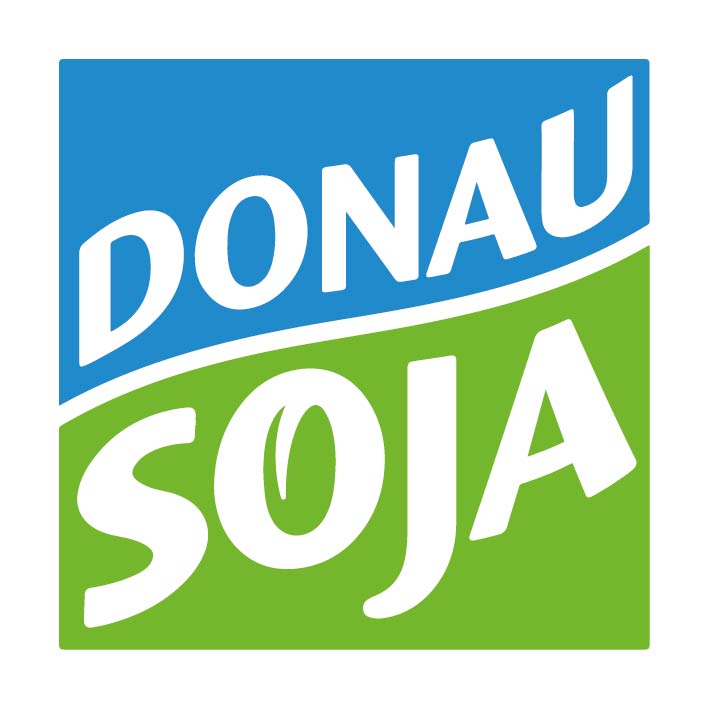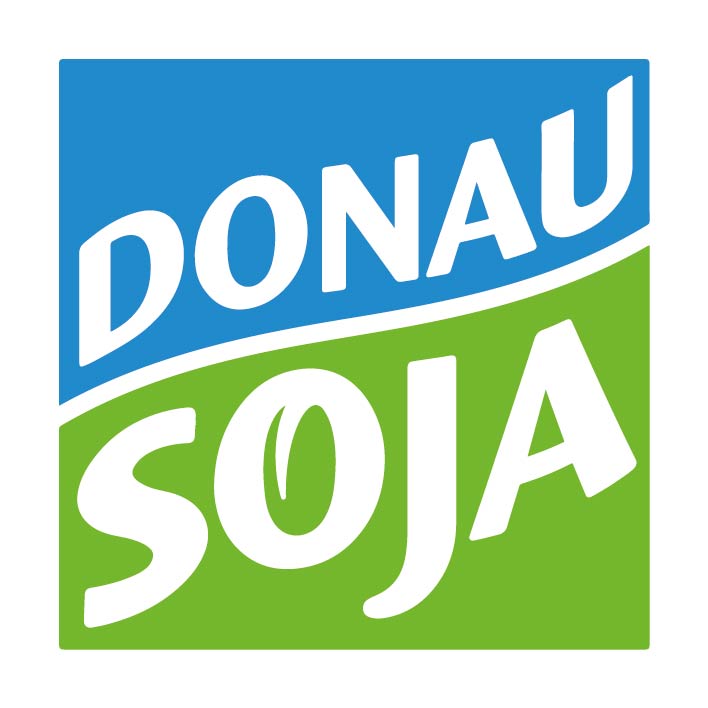Agri-footprint “Branded Dataset“ now publicly available
The life cycle assessment (LCA) datasets of Donau Soja and Europe Soya-certified soybeans are now publicly available as a so-called “branded dataset” via Blonk Consultants’ Agri-footprint portal. Branded datasets are supplements to the LCA database Agri-footprint. While agri-footprint datasets are usually based on literature references and statistical data for agricultural products and animal feed, the new Donau Soja datasets provide information on specifically calculated CO2 emissions of Donau Soja-certified soya.
“The life cycle assessment (LCA) of Donau Soja or Europe Soya-certified soya is better than that of conventional soya. On average, Donau Soja causes 0.3-0.4 kg of CO2 per kg of soybean, about half the CO2 emissions of average European soybeans. Compared to Brazilian soya with a deforestation background, up to 90% CO2 emissions are avoided,” says Susanne Fromwald, Senior Advisor at Donau Soja. “With the new calculations, Donau Soja is disclosing its own CO2 emissions in order to show all partners in the value chain the enormous reduction potential that comes with switching to Donau Soja and Europe Soya.”
The Dutch consultancy Blonk Consultants conducted an LCA of Donau Soja and Europe Soya-certified soybeans from four different countries: Croatia, Romania, Serbia and Ukraine. The new LCA datasets are based on primary data, directly from Donau Soja and Europe Soya farmers from daily practice and are representative for the four countries examined. Primary data was collected for all basic activity data: use of synthetic and organic fertilizers, pesticides, irrigation, fuel consumption and land use.
Emissions from land use change are usually the most relevant factor for the ecological footprint of soybeans. Since the Donau Soja standards exclude land use changes (cut-off date 1. 1. 2008), and based on additional verification measures (e.g. integrity checks, satellite analyses) these emissions were assumed zero. In addition to the yields, direct emissions such as those caused by the application of fertilizers are most relevant for the ecological footprint in the Donau Soja and Europe Soya datasets. Thanks to its symbiosis with so-called nodule bacteria, soya can fix nitrogen in the soil and therefore does not need any additional nitrogen fertilizer. However, this essential know-how is not always sufficiently developed in agriculture.
The new Donau Soja datasets provide insights into the ecological footprint of Donau Soja at country level. They are publicly available via Blonk Consultants’ Agri-footprint portal and can be used by interested companies and other stakeholders for further LCA and carbon footprint calculations. In this way, Donau Soja supports the strategic decision-making of actors in the value chain who want to reduce CO2 emissions in a targeted manner.
Currently, Europe’s agriculture is dependent on soybean imports from overseas. The EU-27 import around 35 million tons of soybeans annually, around two-thirds from South America. However, soya also grows excellently in Europe and, with a share of 1-2% in crop rotation, still has great potential. “For 2022, an EU-wide increase in soybean cultivation of 10-15% is forecast. In Germany alone, the potential is 2 million tons,” says Susanne Fromwald from Donau Soja. “A robust and reliable protein supply is essential for the future of Europe.

